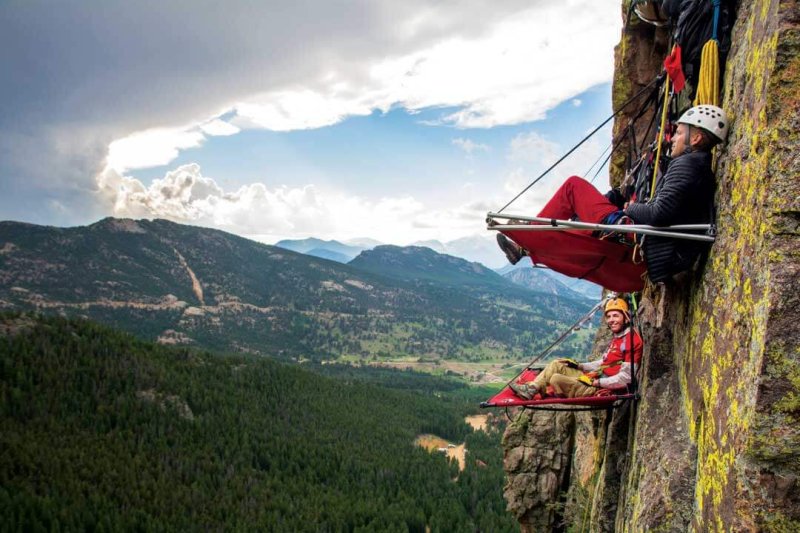There’s one particular behavioral question that unites many animal species: “Should I explore the wider environment or exploit my current environment?”
…
There’s a gene that underlies this behavior in fruit flies commonly referred to as the “foraging gene.” It has two specific variants: One is thought of as a “rover” variant, which predicts wider and more comprehensive search paths during exploration. The other can be thought of as the “sitter” variant, which predicts a more conservative exploration style.
…
In a recently published study in the journal PNAS, a group of researchers tested whether the human equivalent of the foraging gene, known as PRKG1, may also predict how humans explore the world.
…
[College volunteers] played a game where they were asked to find as many berries as they could in a computerized environment.…
People with [the] human sitter variant had a more cautious “do the right thing” mentality and were more likely to stick to the game’s external boundaries.
…
Fascinatingly, this behavior parallels the actions of fruit flies that have the cautious sitter variant of the foraging gene. Just like their human peers, these flies hug the boundaries of a foraging environment and avoid adventurous search strategies.
Read full, original post: The Human Zeal for Adventure Has a Genetic Basis































